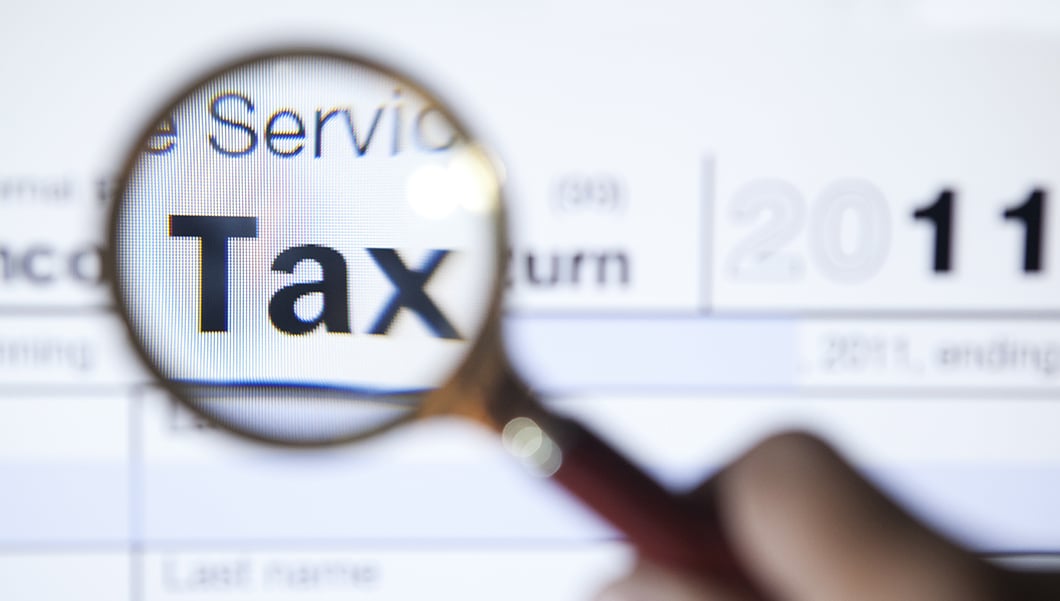
Tax E-News December 2015
TAX RELIEF UNDER THE ENTERPRISE INVESTMENT SCHEME (
The Enterprise Investment Scheme allows unconnected investors to obtain a 30% set off against their income tax liability up to £1,000,000 investment each tax year. So a £10,000 investment reduces the investor’s income tax liability by £3,000. In addition, provided those shares are held for at least 3 years, the gain on disposal of those shares is tax free.
However, as illustrated in a recent tax case, the capital gains exemption is only available where the investor has made a claim for income tax relief. In Ames v HMRC (2015) the taxpayer, Mr Ames, invested £50,000 in a new company but unfortunately had very little income that year so did not claim EIS income tax relief. When he sold the shares several years later for £333,000, he found that the exemption did not apply and the gain was taxable!
Note that Seed EIS for small start-up companies provides 50% income tax relief and the same CGT exemption when the shares are sold.
The connected persons rule means that existing employees, paid directors and their associates are not entitled to these reliefs. Shareholders with more than 30% of the company’s shares, together with their associates, are also excluded.
Note that these exclusions do not apply where the investor is merely seeking to defer capital gains tax via their EIS investment.
The rules for EIS and Seed EIS are very complex so please get in touch with us to discuss the tax implications if you are considering such an investment.
IS YOUR COMPANY CARRYING OUT RESEARCH AND DEVELOPMENT (R&D)?
The Government is concerned that many small businesses are not taking advantage of the generous tax breaks for undertaking R&D. For this reason they have introduced a new “Advance Assurance” process to check whether the company’s activities qualify for relief. Feel free to contact us if you wish to discuss this further.
HMRC BUSINESS RECORDS CHECKS TO END…
HMRC have recently announced that they have wound down their business record checks and will no longer initiate new checks using this process. HMRC say that they “remain committed to helping businesses to keep better records”. At the same time HMRC have updated their factsheet on compliance checks.
Although HMRC have announced that they have wound down their business record checks, they may still need to visit business premises as part of a compliance check.
HMRC occasionally make unannounced visits to business premises, however they will normally give you at least 7 days notice of such a visit. This can include your home address where the business is run from home. You can ask us to be there when HMRC visit, and we would strongly advise this. If you prefer we can request that HMRC look at your records at our offices or at HMRC premises.
HMRC do not usually need to talk to people who work for you about their checks but they may ask to speak to the people who keep your records up to date, such as payroll and finance records.
HMRC may also need to speak to some of the people who work for you if they are looking at their employment status and are trying to check whether or not they should be on your payroll.
PAYROLLING OF BENEFITS IN KIND
Legislation to require employers to report Benefits in Kind in real time as opposed to the end of year form P11D was included in the first Finance Act of 2015. However, there are concerns amongst accountants that this should not be mandatory until 2017/18 at the earliest, as many employers are only just getting to grips with real time processing of basic wages and salary data.
The new system will require employers to calculate the cash equivalent of the Benefit in Kind and effectively spread it over the tax year. The tax due on benefits will then be collected by adding a notional value to the employee’s payroll, rather than reporting the Benefits in Kind separately on the end of year form P11D.
Please get in touch with us if you would like to use this system for 2016/17 as you will need to register with HMRC before 6 April 2016.
COLLECTION OF UNPAID TAX THROUGH YOUR TAX CODE
Remember that HM Revenue and Customs can collect tax debts by adjusting your Pay As You Earn (PAYE) tax code. HMRC refers to this as ‘coding out’. The effect of this is to recover the tax debt from your pay or pension, by increasing the amount deducted during the tax year. This applies if you have a debt with HMRC and:
- are an employee paying tax through (PAYE) and/or
- receive a taxable UK-based private pension.
This facility is available if your annual earnings are £30,000 or more. To do this, HMRC apply a sliding scale to your main PAYE income. The maximum amount that can be coded out is £17,000 where your earnings exceed £90,000 a year. These changes will only apply to underpaid Self-Assessment and Class 2 National Insurance debts and Tax Credit overpayments. Changes will then be reflected in your 2016/17 tax code.
TAX DIARY OF MAIN EVENTS
| Date | What’s Due |
| 19 December | PAYE & NIC deductions, and CIS return and tax, for month to 5/12/15 (due 22 December if you pay electronically) |
| 1 January | Corporation tax for year to 31/3/15 |
| 19 January | PAYE & NIC deductions, and CIS return and tax, for month to 5/1/16 (due 22 January if you pay electronically) |
| 31 January | Deadline to file 2015 SA tax return online |
| 31 January | Income tax balancing payment for 2014/15, plus CGT for 2014/15 |
| 31 January | Income tax 1st payment on account for 2015/16 |
Guide to selling your business
Your simple guide to helping you maximise the value in your business.
Sign up to receive alerts
Call us on 01628 770 770 for a no-obligation chat
You may also be interested in...
New Companies House filing requirements under the Economic Crime and Corporate Transparency Act (ECCTA) 2023.
What’s happening? The ECCTA received Royal Assent in October 2023 and gives more powers to Companies House to play a more significant role in tackling economic crime and supporting economic growth. Introduction of new laws under the ECCTA will be…
Companies House Filing Fee Increases from May 2024
From Wednesday 1st May 2024 the revised Companies House filing fees will come into effect. The change comes following The Economic Crime and Corporate Transparency Act 2023 which allows Companies House increased powers to ensure accuracy, verify the…
April 2024 – Tax News
Happy new tax year In this April issue we highlight some of the key tax changes that take effect from the start of the new tax year. Unfortunately, most of the income tax and national insurance thresholds continue to be frozen, resulting in an…



